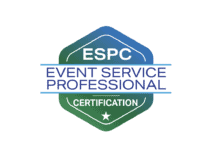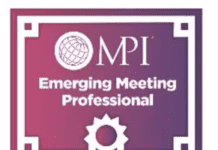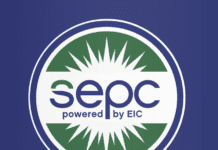
What are the benefits of becoming a Certified Meeting Professional and what are the steps to getting the industry qualification?
The Certified Meeting Professional (CMP) program was launched in 1985 by the Events Industry Council (IEC) to promote the status and credibility of the meeting profession and to advance uniform standards of practice.
The credential is recognized globally, and more than 11,000 meeting professionals in 55 countries hold the designation. The qualification is based on professional experience, education and the completion of a rigorous exam, and can open the door to better and more opportunities within the meeting industry. According to an industry study conducted by the Professional Convention Management Association (PCMA), meeting planners who hold the CMP can potentially earn $10,000 more annually than their non-certified counterparts.
The first stage of becoming CMP-certified is to determine your eligibility for the qualification. Applicants are required to demonstrate 36 months of full-time employment in the meetings industry, as well as 25 clock hours of continuing education. Those who hold a degree in Event Management or Hospitality are only required to demonstrate 24 months of full-time meetings industry employment.
Eligible applicants must then create an online account on the CMP portal, where they can list their professional experience and attendance at continuing education sessions, as well as upload a resume. The application costs $250 to submit, and the Certified Meeting Professional exam itself costs $475. Applicants that have been furloughed or otherwise impacted by the COVID-19 pandemic may receive $50 reduction on the initial application fee, and a further $50 reduction on the examination fee.
Candidates can expect to be informed about the status of their application in around six to eight weeks, and once approved can schedule their exam, pay the examination fee, and begin studying for the scheduled test. If their application is denied, they may send a written appeal to the Events Industry Council within 14 days. Following approval, candidates will then have 12 months to take and pass the test before needing to reapply. However, a 90-day wait period will apply between attempts to pass the exam, and candidates must pay the exam fee again upon each attempt.
The EIC recommends three reading materials to study for the exam. The Events Industry Council Manual and the PCMA Manual will help candidates understand how the domains are applied to the daily life of a meeting professional, while the Events Industry Council Industry Glossary will provide explanations of industry terms. Candidates can also sign up with study groups in their local Meeting Professionals International (MPI) chapters or enroll on MPI’s Certified Meeting Professional Boot Camps.
The Certified Meeting Professional examination is administered by the EIC’s testing partner Prometric, which has test centers throughout the world. Remote proctoring is also available, allowing candidates to sit the exam in their own home.
The Certified Meeting Professional exam is a computer-based test consisting of 164 multiple-choice questions, and candidates are given three and a half hours to answer the 15 pretest and 150 operational questions. A score of at least 55 is needed to pass, but this does not mean you have to answer 55 questions correctly, as the exam is scaled and the more difficult questions score higher. The exam is scored as a pass or fail, as it is designed to measure competency rather than academic excellence. Once the exam is submitted, the final score will be displayed on screen immediately.
If you pass the exam, you will receive a digital CMP badge from the Credly digital badge platform, which will allow you to print a certificate or place the badge on LinkedIn.
You Might Also Be Interested In
Meeting Planner Salaries: Are You Getting Paid What You’re Worth?










